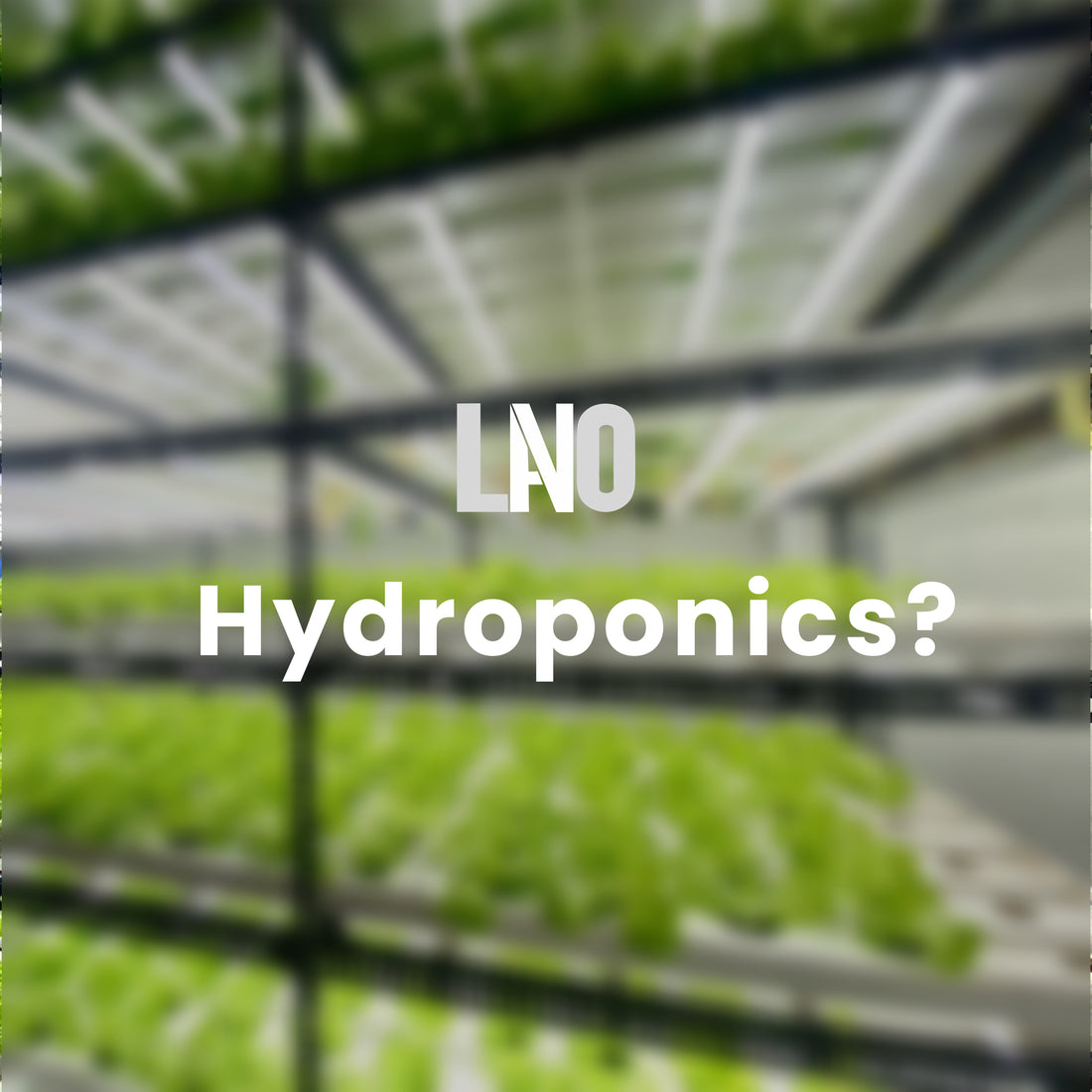
Emerging Need for Hydroponics
The Emerging Need for Hydroponics in India
Hydroponics is a segment of hydroculture that depends on the use of mineral-rich solutions instead of soil for growing plants.
For countries like India which not only experience the adversative effects of global warming but also comprise primarily, of arid and semi-arid regions, Hydroponics comes as a ray of hope.
Following lists the hydroponic solutions to some common problems associated with conventional cultivation methods:
1) Unavailability of suitable and surplus land- a recent study conducted by the National Restaurant Association of India and Technopak estimated an increase of about 62% in the Indian food services market; within the next 5 years. However, it is vital to note that only 17% of India's agricultural land is used for horticulture crops leaving the availability of vegetables to a mere total of 374 grams per person per day. This anticipated growth in the food services market which otherwise depends on the availability of land in the country can be met by shifting to hydroponic cultivation.
2) Viable for the production of exotic vegetables- presently India imports about 85% of its exotic vegetables. This percentage undoubtedly has appalling effects on the economy. If these vegetables were to be grown domestically, they would yield to be 30% cheaper. Hydroponics is extremely suitable for growing a wide variety of exotic vegetables ranging from cherry tomatoes to golden beetroots due to the assured market of consumers for these products.
3) Feasibility over the cost of land- the crumbling capital costs of buying or leasing land combined with operational costs as well as the yearly depreciation on greenhouses can pilot to colossal liabilities for the owner. On the other hand, a shift to hydroponics helps in eliminating such liabilities to a considerable length.
Apart from the aforementioned solutions, hydroponics additionally offers benefits such as:
- Greater control over the supply of nutrients to a wide variety of plants.
- More effective pest control management.
- Protection from adverse climatic conditions.
- Off-season production yielding soaring profits due to the rocketing market prices at that time.
Reliance on hydroponics for agriculture is, however, not entirely free of challenges. Problems such as unpredictable weather, polluted water systems, and poor water management hamper its utility.
Nevertheless, the availability of a budding market for hydroponically grown food (comprising of fast-food chains, hotels, MNCs, and even defense) compensates for the challenges posed by the same.
Moreover, factors such as low labor costs and pre-existing knowledge on hydroponic methodology promote the swift-evolution to hydroponics as a prototypical technique for growing plants.
Lano Agritech is a start-up company for all kinds of hydroponic solutions. Our objective includes updating the masses on everything they need to know to build viable hydroponic farms in India.
